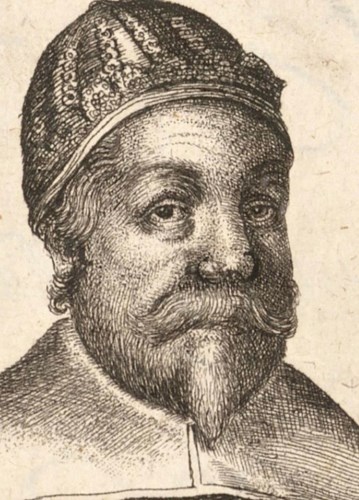
Punishment of Robert Leighton's father, Alexander Leighton, described as one of most disgraceful incidents of reign of King Charles I
Added at 07:50 on 27 March 2024
The persecution and punishment of Robert Leighton's father, Dr Alexander Leighton, was described as "one of the most disgraceful incidents of the reign of King Charles I"
Alexander Leighton was a Puritan and was tried and found guilty of sedition, for having published a controversial pamphlet "Zion's plea against Prelacy: An Appeal to Parliament" in 1628 in Holland. In this publication, he criticised the church, and in particular the Bishops who then ruled the Church of Scotland, condemning them as "antiChristian and satanic". He branded Queen Mary as "the daughter of Heth" (an idolatress). As punishment he was tied to a stake and received thirty-six stripes with a heavy cord upon his naked back; he was placed in the pillory for two hours in November's frost and snow; he was branded in the face, had his nose split and his ears cut off, and was condemned to life imprisonment (he'd been fined £10,000, equivalent to several million pounds at present values, which was way beyond his means, so was jailed). He was only released from jail in 1640 (when his son Robert was ordained as a Minister at Newbattle), when the Parliament in England had ruled against the King who'd sought to obtain money to finance military action in Scotland against the Scottish Covenanters in the so-called Bishops' Wars! These originated in disputes over governance of the Church of Scotland which began in the 1580s, and came to a head when Charles I attempted to impose uniform practices on the kirk and the Church of England in 1637. These were opposed by most Scots, who supported a Presbyterian church governed by ministers and elders. Signatories of the 1638 National Covenant pledged to oppose such "innovations", and were collectively known as Covenanters.
The Leighton Library acknowledges with gratitude the gift, by Volunteer Guide David Kirk, of the modern edition of the book by Alexander Leighton ("Zion's plea against Prelacy: An Appeal to Parliament").